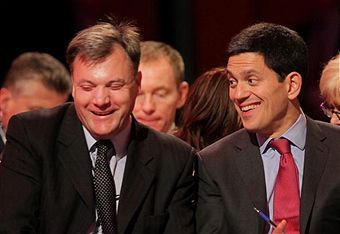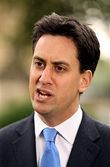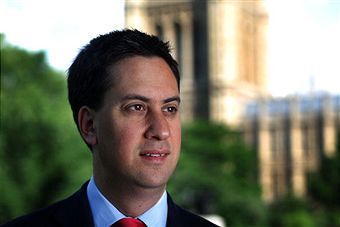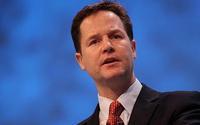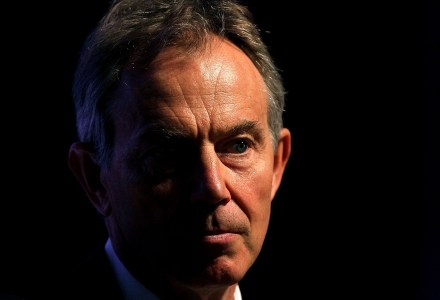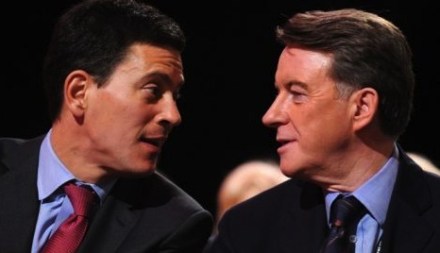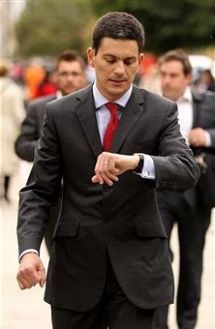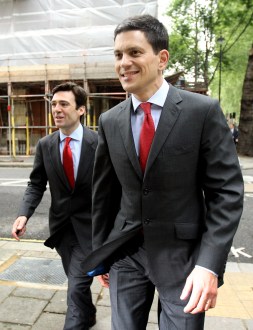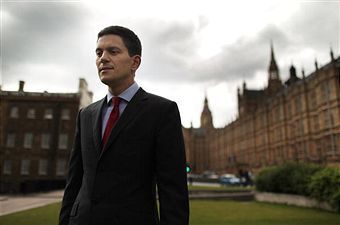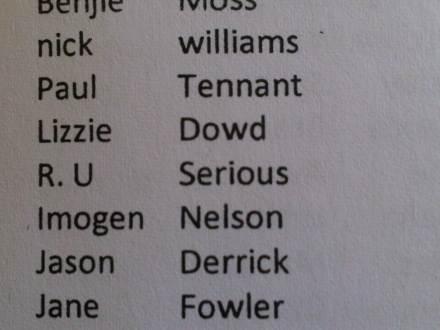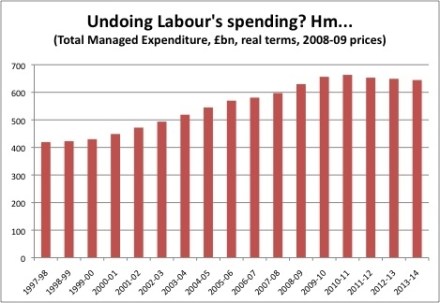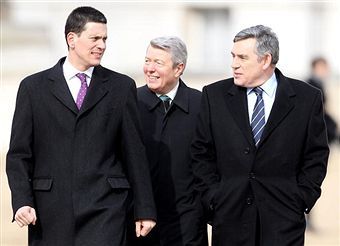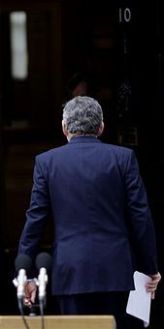Balls to back David?
Paul Waugh sees it as his duty to pass on little drops of intrigue, and this one’s a dollop. If, as is expected, Unite back Ed Miliband tomorrow, the clapped-out Balls juggernaught will finally croak: there is no chance of him winning without Unite’s backing. There is a widespread rumour that Balls will pull out and back David Miliband. Waugh explains why: ‘The scenario painted to me is this: by dropping out and backing David M, his chances of becoming Shadow Chancellor are greatly enhanced. (The assumption here is that Ed Mili can’t offer him Shadow Chancellor because the top of the ticket would just look too unbalanced…that’s an assumption
